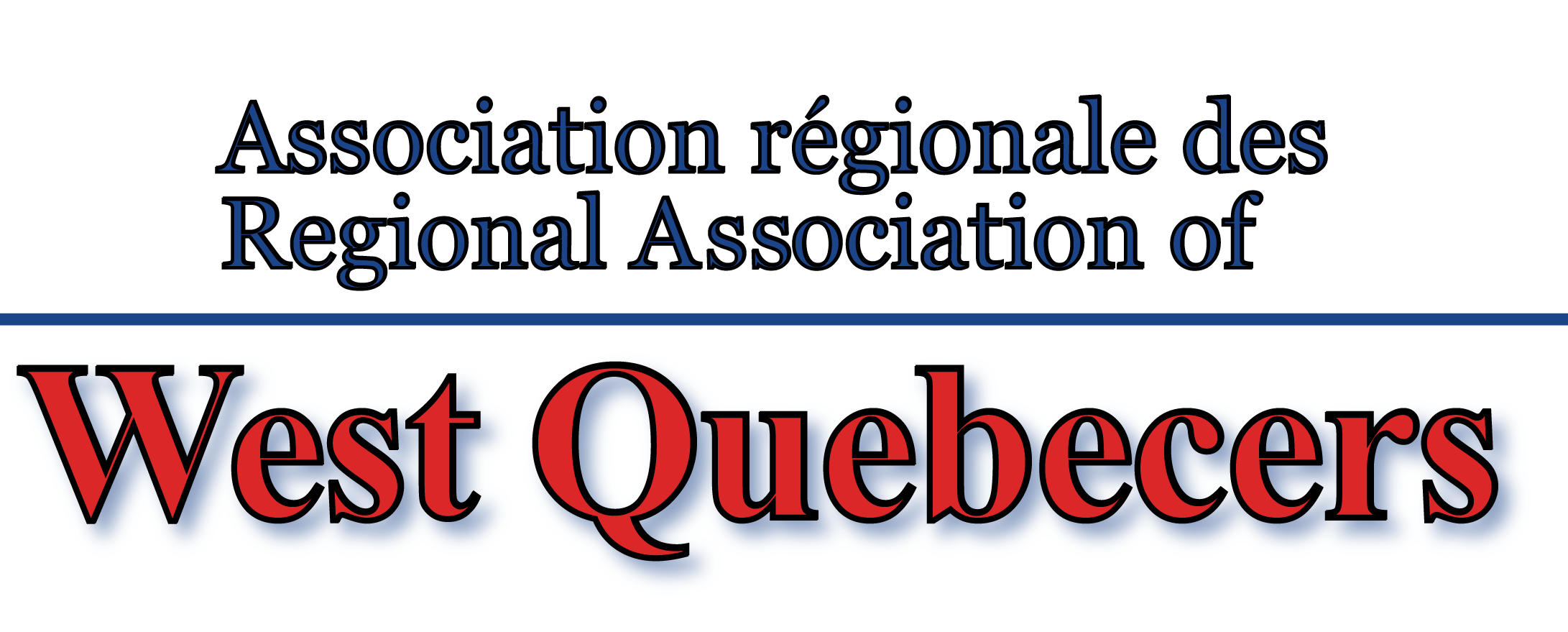Loi 96 and the Future of French in Quebec
Impératif français, une organisation qui défend la langue française, estime que la loi 96 du Québec est une avancée favorable bien que imparfaite. The law, introduced by Minister Simon Jolin-Barrette, aims to enhance the utilization of French in public administration and in companies with 25 to 49 workers. It also addresses access to CEGEPs that offer English instruction and proposes the establishment of a new French Language Commissioner.
Jean-Paul Perreault, the president of Impératif français, praised the bill as a constructive advancement but criticized its lack of stricter regulations. He asserted that the overuse of English during recruitment results in the anglicization of Quebec and should only be allowed in rare, justified circumstances. Perreault believes that the government should utilize solely French for communication and reduce bilingual services in public institutions.
Perreault recognizes that this legislation represents one of the most important language reforms since the original 1977 law; nonetheless, he calls for stricter enforcement, more severe penalties, and greater financial support for French-language culture and education. He believes the government missed an opportunity to require all students to attend French-language CEGEPs.
Simultaneously, Arthur Ayers, president of the Association of West Quebecers, warned that measures like restricting access to English CEGEPs or removing bilingual status from municipalities could disconnect the English-speaking community. He emphasized the importance of being bilingual and cautioned against overly advocating for exclusive use of French.


